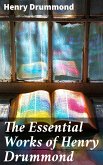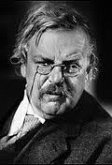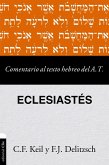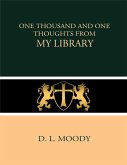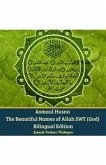In "Beautiful Thoughts," Henry Drummond presents a compelling exploration of the nature of truth and beauty as intertwined concepts essential to the human experience. The book is characterized by a lyrical style that seamlessly marries prose and poetic reflection, infusing each thought with depth and resonance. Drummond's philosophical musings draw from a rich literary context that spans the transcendentalists, the Romantic movement, and early psychological insight, resulting in a text that invites readers to contemplate the complexities of existence amidst the beauty of the natural world. Henry Drummond was a Scottish evangelist, writer, and naturalist whose diverse interests reflect a deep engagement with both faith and the human condition. His educational background in science and theology informed his vision that beauty is not merely aesthetic but a profound integration of moral and emotional truths. Drummond'Äôs mission to bridge the gap between science and spirituality becomes evident in this thoughtful collection, encouraging readers to forge their paths through a rich tapestry of ideas and observations. For those seeking to inspire their lives through reflection on beauty and truth, "Beautiful Thoughts" is an essential read. Drummond'Äôs eloquent prose invites both introspection and appreciation of the world, making this work a timeless guide for anyone yearning to connect with deeper existential themes and the sublime nature of thought.
Dieser Download kann aus rechtlichen Gründen nur mit Rechnungsadresse in A, B, BG, CY, CZ, D, DK, EW, E, FIN, F, GR, H, IRL, I, LT, L, LR, M, NL, PL, P, R, S, SLO, SK ausgeliefert werden.



